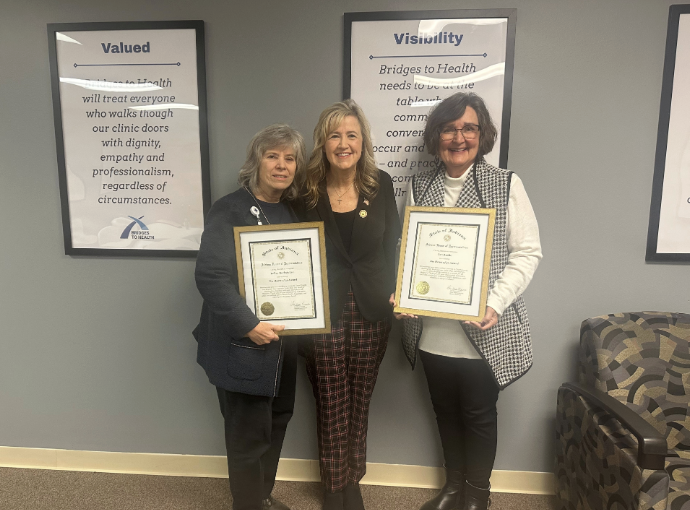Building Brighter Futures: North Carolina Children Gain New Protections

In a decisive step toward protecting and uplifting North Carolina’s most vulnerable children, Representative Allen Chesser has successfully championed the Fostering Care in NC Act (House Bill 612), now signed into law. Joined by co-sponsors Representatives John Bell and Loftis, Chesser helped deliver a transformative package of reforms that strengthens the state’s foster care, adoption, and child welfare systems.
The law represents a milestone for North Carolina, reflecting a commitment to ensuring that every child has a chance to grow up safe, supported, and prepared for the future.
The new law expands safeguards for children facing abuse, neglect, and exploitation. The definition of “abused juvenile” has been updated to explicitly include victims of human trafficking and sexually violent crimes, ensuring these cases receive the urgent response they demand. The law also clarifies court jurisdiction in abuse, neglect, or dependency cases—establishing that a child’s death ends jurisdiction to create more transparent processes. For the first time in state history, the law also permits enforceable post-adoption contact agreements, enabling children to maintain important connections with birth families when it is in their best interest.
Recognizing the importance of stability, the act broadens eligibility for the Guardianship Assistance Program, lowering the age from 14 to 10. This change opens the door for more children to find permanent homes with relatives or legal guardians when reunification or adoption isn’t possible. The law also extends support for young people up to age 21 who are pursuing higher education, vocational training, employment, or facing health challenges. These provisions create a stronger bridge into adulthood, helping youth achieve independence while maintaining a foundation of support.
Child safety remains a central priority in the legislation. Local governments must now conduct criminal background checks for all positions involving work with children, with employment decisions tied directly to results. The act also expands felony child abuse laws, applying them not only to parents or guardians but to any adult providing care or supervision. In addition, it introduces a new felony offense for intentional harm designed to instill fear, cause emotional trauma, or gratify sexual desires. Judges are now empowered to issue permanent no-contact orders for a wider range of violent crimes, extending crucial protections to victims and their families.
The act also addresses efficiency and fairness within the child welfare system. New procedures now manage conflicts of interest in abuse, neglect, or dependency cases by transferring them to other counties when necessary. For children in Department of Social Services custody needing mental health treatment, the law requires stronger coordination between hospitals, social services, and managed care organizations to secure timely evaluations and placements. Court processes are bolstered by requiring legal petitions to be reviewed by counsel with specialized training, ensuring families and children receive high-quality legal representation in these critical cases.
For Rep. Allen Chesser, the reforms are more than just policy—they’re personal.
“Every child deserves a safe, loving home where they can grow and succeed,” Chesser said. “This law is about giving kids the stability and support they need to build bright futures. I’m honored to have worked with my colleagues across the aisle to make this vision a reality, and I’m grateful to the Governor for signing it into law.”
Key provisions of the law will take effect on October 1, 2025, with others already underway. As implementation begins, lawmakers and state agencies will work together to ensure the reforms deliver on their promise. By strengthening protections, expanding paths to permanency, and ensuring accountability, the Fostering Care in NC Act marks a new chapter for North Carolina—one that puts children first and invests in their futures.
RECENT










BE THE FIRST TO KNOW
More Content By
Think American News Staff












